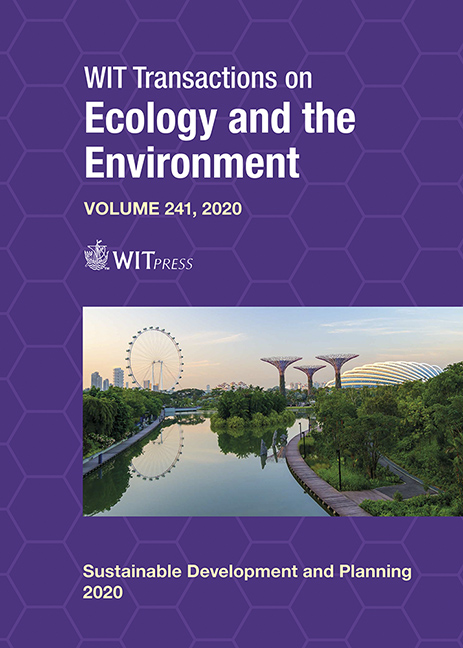PLANNING FOR A SUSTAINABLE COMPACT CITY: A WAY FORWARD
Price
Free (open access)
Transaction
Volume
241
Pages
10
Page Range
113 - 122
Published
2020
Paper DOI
10.2495/SDP200101
Copyright
WIT Press
Author(s)
JAYESHKUMAR MAHESHKUMAR BHAGWAT, VARUVEL DEVADAS
Abstract
Cities are the engines of economic growth. The concentration of population in urban settlements is a result of the centralization of resources and triggers in-migration. Sprawl, congestion, increasing densities, and social exclusion are the major urban challenges faced by the cities of the developing world. At this juncture, it is important for planners to address these issues to make the cities liveable. The compact city concept is one of the concepts to address similar problems faced by the developing world. Implementation of the compact city concept is limited to an increase in density, redistribution of density, implement transit-oriented development schemes, and mixed uses of the land resource in existing practices. The compact city concept is widely discussed and debated due to its benefits and costs with respect to sustainable urban development. This paper aims to conduct an in-depth study on the sustainable compact city concept by taking into account the literature available from various contexts around the world. The paper investigates the existing methodologies and proposes the optimal methodology for sustainable compact city planning.
Keywords
methodology, sustainable compact city, density, urban system, urban challenges





